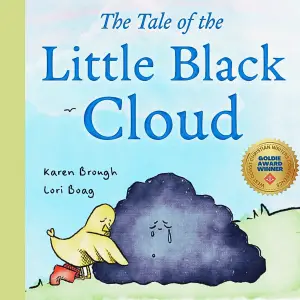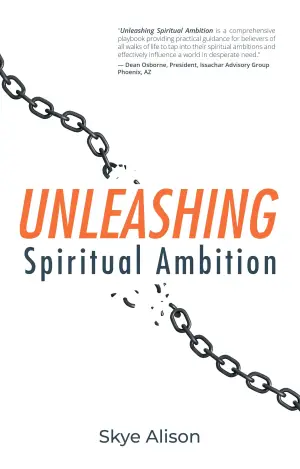A Journey Into Isolation: Reviewing Parasite by Darcy Coates
When I first picked up Parasite, I was immediately drawn in by the fascinating premise: an alien lifeform, capable of slipping into the skins of its victims, wreaking havoc in the cold, desolate landscapes of space. Darcy Coates has long been a writer whose knack for suspense captivates me, and I was eager to see how she would weave horror and science fiction together.
The story kicks off with a guard stationed on a remote moon who, against her better judgment, investigates the discovery of a strange lifeform. What follows is a chilling dance with isolation, duplicity, and an enemy that could be hiding in plain sight—your trusted colleagues, your friends. Coates crafts her narrative through a captivating blend of multiple perspectives across various space stations, allowing readers to experience the rapidly spreading chaos from different emotional angles. Each character is well-developed, making their stakes feel real and immediate. I found myself caring deeply about their fate, a testament to Coates’ skill in creating relatable figures amidst a science fiction backdrop.
One of the book’s most compelling themes is the idea of trust in the face of insurmountable fear. As the Cymic Parasite infiltrates human outposts, communication falters, and paranoia takes root. At one point, a character ponders, "How can you trust someone whose face you recognize, but whose mind is no longer their own?" This quote resonated with me; it deftly encapsulates the essence of the book, making readers question the reliability of what they see and hear.
Coates’ writing style is vivid and immersive, painting the stark realities of space and its chilling emptiness. The pacing is unrelenting, perfectly blending moments of suspense with depth of character. I often found myself holding my breath as I turned each page, fully invested in the terrifying fate awaiting the characters.
What stood out to me the most was the balance of horror and speculative elements. The sci-fi elements are grounded in relatable human emotions—fear, desperation, and the moral dilemmas we face when survival is at stake. Reviewers have echoed this sentiment, with one noting that the story feels like “a fast read with details that felt like watching a movie.” Indeed, as I read, I pictured how intense the film adaptation would be, the edges of my imagination tinged with dread.
Parasite is a thrilling ride that speaks to fans of horror and science fiction alike, particularly those who delight in narratives that challenge the understanding of identity. Whether you’re a long-time Coates fan or new to her work, this book provides a gripping exploration of humanity under threat. I’d recommend it to anyone looking to immerse themselves in a well-crafted story that keeps you up at night, questioning who, or what, might be lurking just out of sight.
In the end, Parasite not only entertained me—it stirred a profound reflection on trust, identity, and the fragility of human connection. It’s a tale that lingers long after the last page, ultimately leading me to ponder how well we truly know one another. If you haven’t yet journeyed into the world of Darcy Coates, Parasite may just be the perfect entry point.















